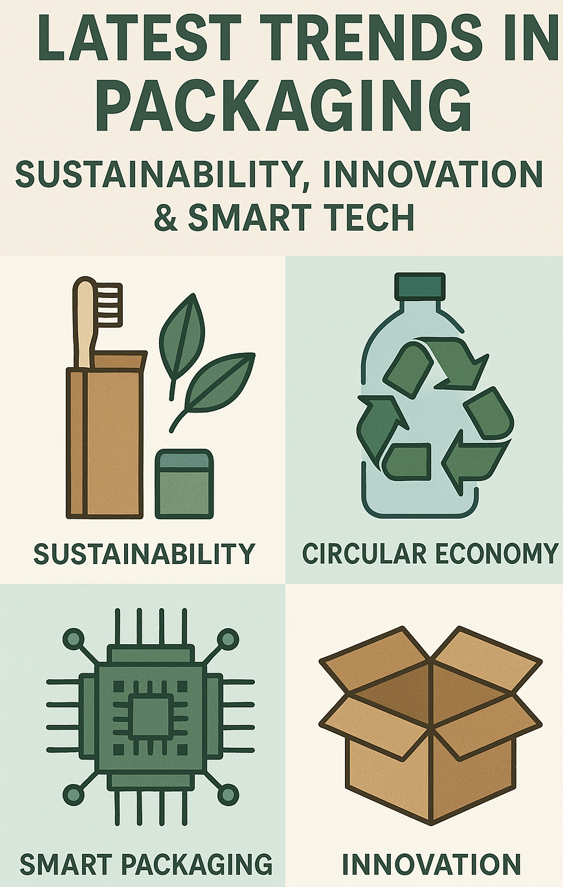berlin, 25 november 2014. yesterday, the european institutions adopted a legislative proposal amending the packaging and packaging waste directive ppwd that addresses the challenge of conventional single use plastic carrier bags consumption, and explicitly sanctions the actions of several member states that have already recognized the benefits of compostable bags.european bioplastics welcomes the strong environmental commitment of green mep margrete auken, the european parliament&rsquos lead negotiator for the legislation. commenting on the binding eu rules on reducing plastic bag use, ms auken stated &ldquoeu member states will have to take action to reduce plastic bag use but they will be able to choose how to do it either they introduce pricing for plastic bags or equally effective measures, or they deliver on ambitious reduction targets.&rdquothe proposal adopted explicitly pushes decision making to the local member state level, where decisions can best be made consistent with local infrastructure, practices, and markets. &ldquothis is crucial, because it retroactively legalizes national legislation of member states like italy and france. both states have recognized the benefits that are achievable with biodegradable and compostable shopping bags,&rdquo said françois de bie, chairman of european bioplastics.&ldquothese countries are pioneers in putting the decisive ecological advantages of such bags to good use. this means enhancing the separate collection of biowaste and thereby diverting it from landfill.&rdquo in this context, european bioplastics also highly appreciates the endorsement of the en13432 as the standard to certify biodegradation and the initiative to further improve biodegradability and compostability labelling for plastic carrier bags.describing &lsquooxobiodegradable&rsquo plastic bags as &ldquohugely problematic&rdquo, mep auken explained &ldquothese plastic bags worsen the litter problem by fragmenting into microplastics polluting the environment and hindering composting and recycling&rdquo. european bioplastics shares the view of margrete auken concerning the missed chance of banning the oxodegradable plastics. &ldquothis would have sent a clear signal that bags should not be placed on the market with misleading claims about biodegradability,&rdquo de bie argued. &ldquoon the other hand, it will only be a matter of time,&rdquo he is convinced, referring to the requirement of the commission to present a report to the european parliament and council, examining the impact of the use of oxodegradable bags on the environment. &ldquothe report will clearly show that oxodegradable plastics are not biodegradable and hence do not qualify as an ecological solution,&rdquo de bie concluded.







